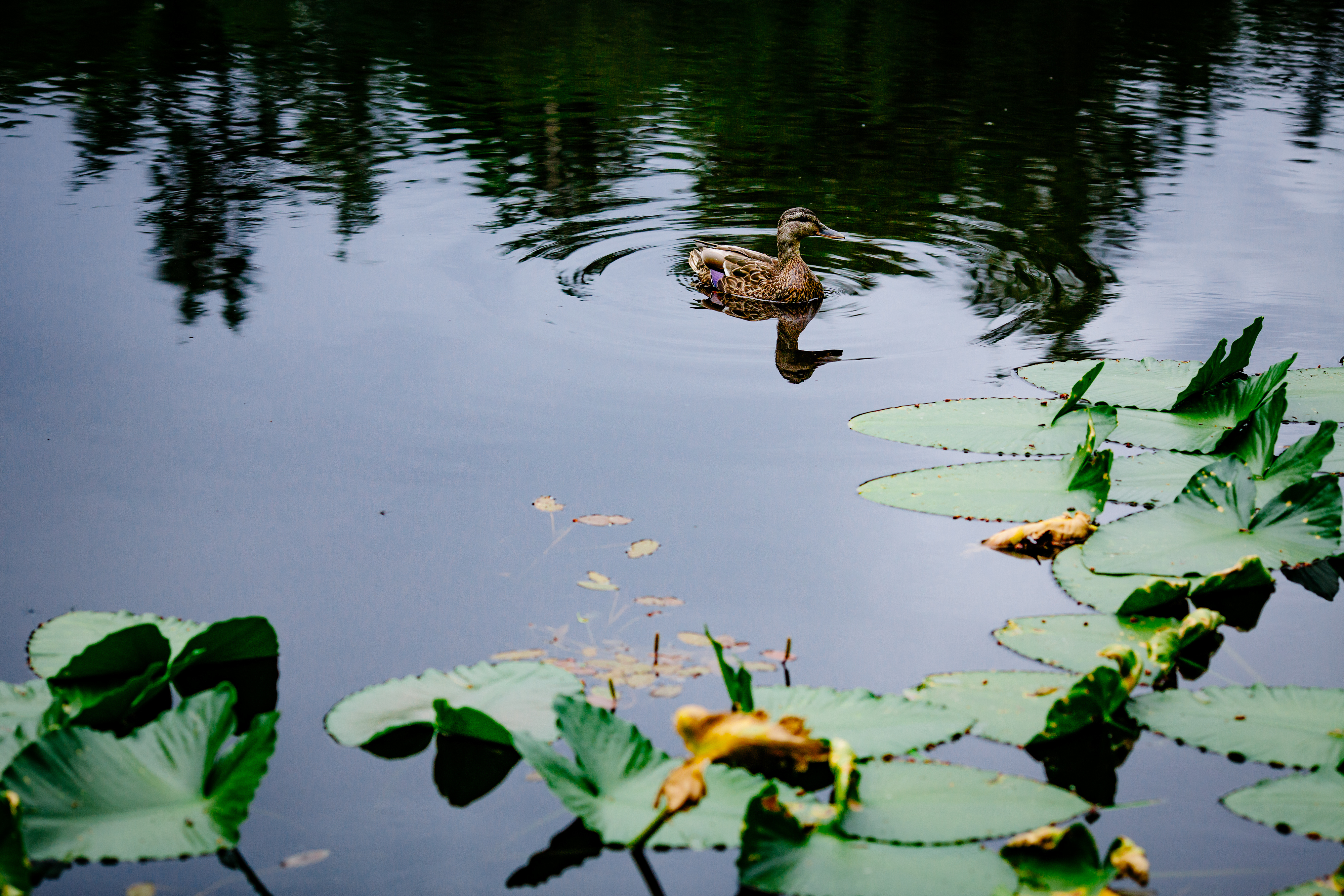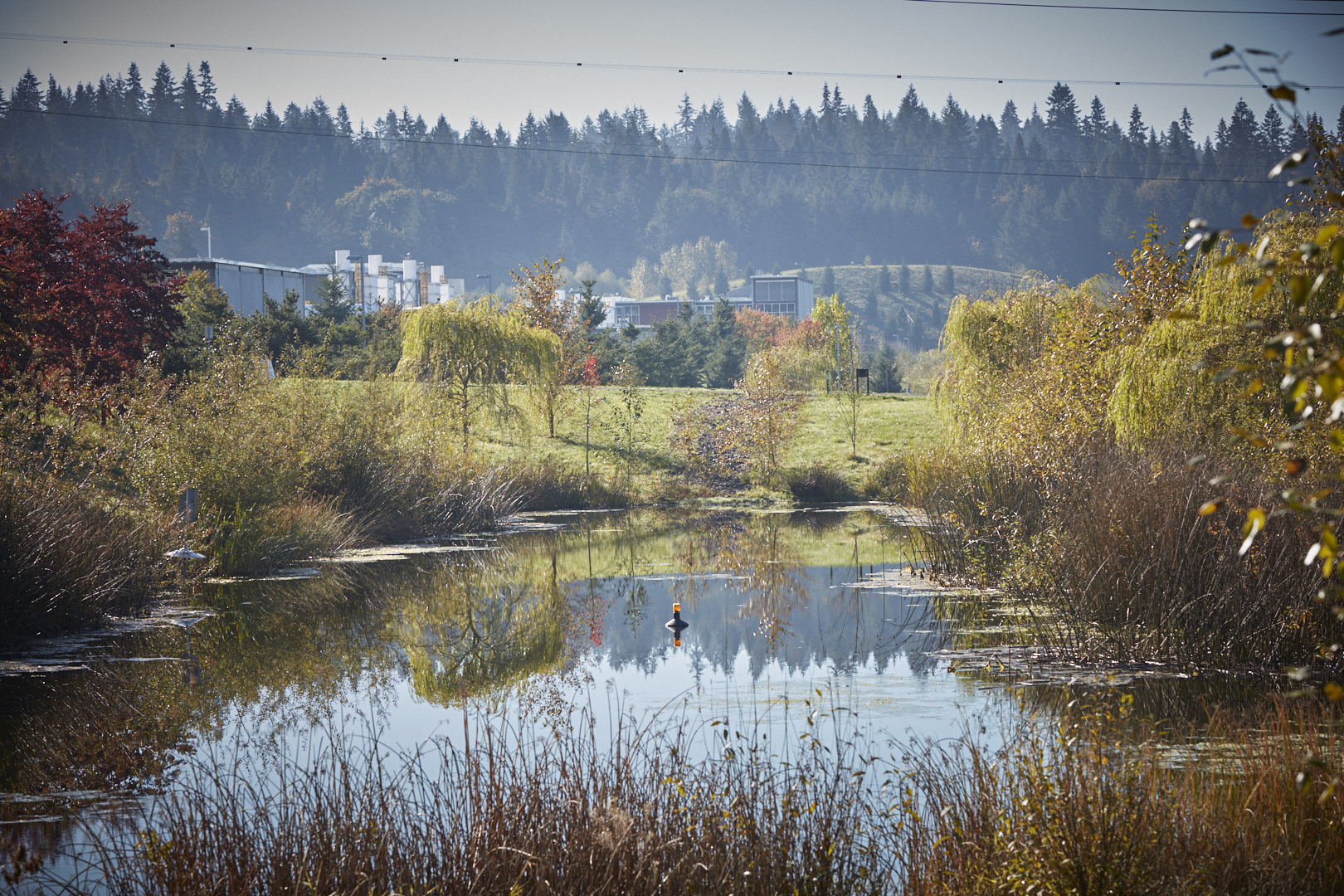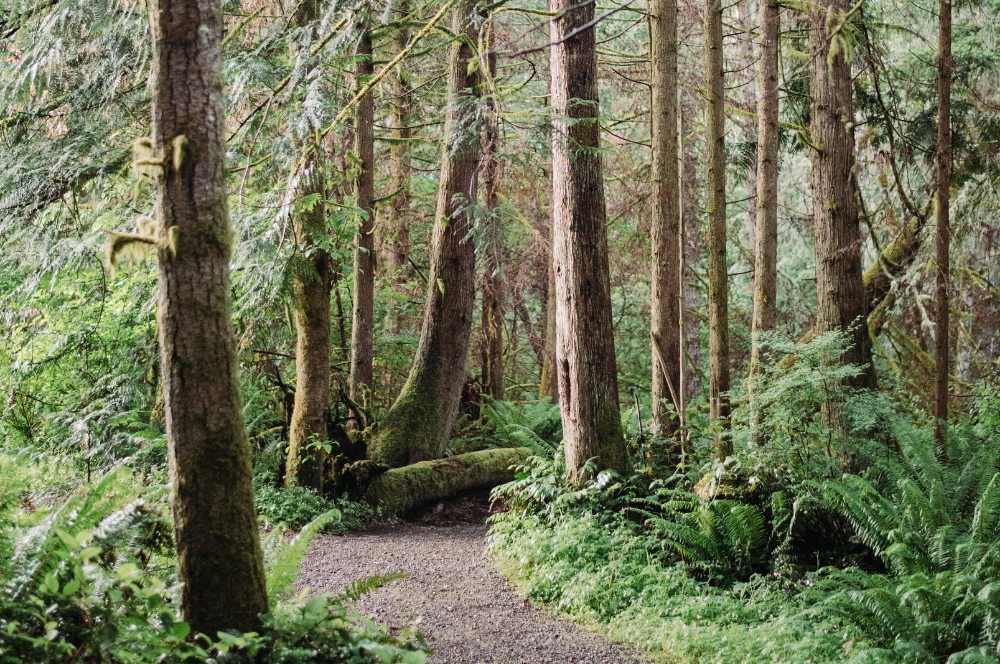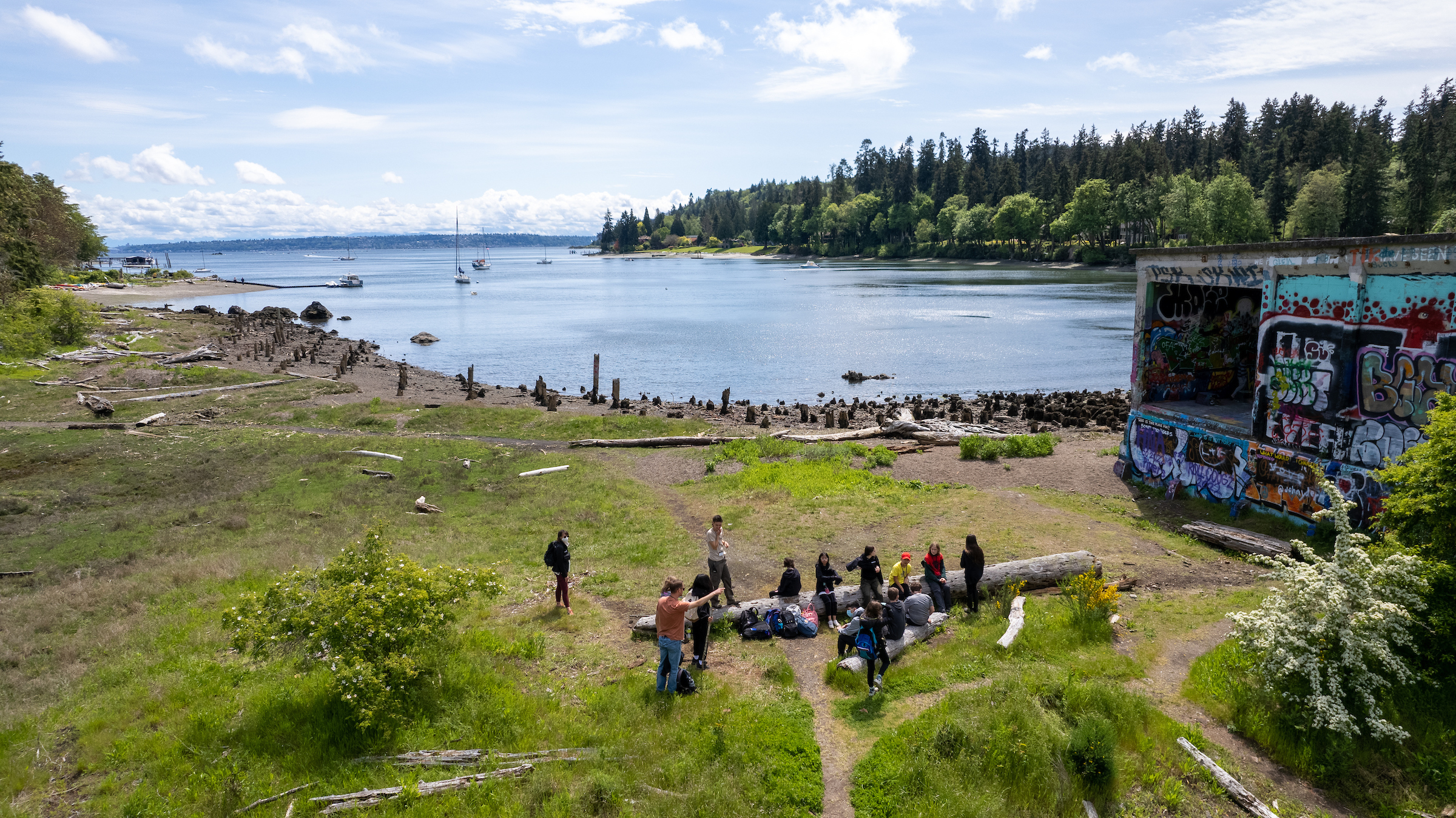FISCAL YEAR 2022 JUSTICE, EQUITY, DIVERSITY, AND INCLUSION (JEDI) PRIORITIES

Fiscal year 2022 (July 2021 - June 2022) JEDI Priorities
Here are the organization-wide JEDI priorities we set for the year. An update on each priority follows on the rest of the page.
- Directors and managers set and communicate JEDI goals within their departmental operational plans
- Develop and implement assessments for advancement of racial equity are completed by programs
- Finalize and implement a performance review system, incorporating JEDI goals
- Institutionalize JEDI communications evaluation
- Managers are provided management training that includes how to support a JEDI culture within IslandWood
- Continue to offer opportunities for discussion; share videos, podcasts and articles
Directors and managers set and communicate JEDI goals within their departmental operational plans
This is a priority that we made good progress on this year, built upon the realization in previous fiscal years that this was essential to continually moving JEDI work forward. Now that this has become part of our regular annual planning process, it has helped to ensure that each team and department within the organization has specific JEDI goals they are working towards. You can learn more about some of our department-specific work here.


Develop and implement assessments for advancement of racial equity are completed by programs
The bad news is that we didn’t make good progress on this priority. The good news is that in large part, a few of our JEDI priorities were not met because we were accepted into the Working Towards Racial Equity 2-year series led by the UC Berkeley Lawrence Hall of Science and Justice Outside. Led by our commitment to justice, equity, diversity, and inclusion, we applied for inclusion in this series in our previous fiscal year and then were accepted and began participating in the winter of this fiscal year. The series involved a 5-month intensive and took a considerable amount of time from a group of our staff. Ultimately, we believe participation in this series will help us elevate our JEDI work at scale.
Finalize and implement performance review system, incorporating JEDI goals
We are making progress on this priority but aren’t quite there yet. IslandWood hired a new Director of People & Culture during this fiscal year and (as to be expected), onboarding into such a role takes time. We identified that we didn’t have the structures in place to implement a performance review system and spent time identifying platforms that could help us do what we were seeking to do. After a comprehensive review of options, we selected and began using a new HR software platform. Getting all our staff trained and moved over to this new platform was the first phase in implementing a performance review system that will include JEDI goals for each employee. We plan to continue working on this goal into FY23.


Institutionalize JEDI communications evaluation
We have done considerable work in applying justice, equity, diversity, and inclusion principles to our communications after a 2017 review of our communications work found it rife with tokenism, saviorism, and negative stereotypes. (You can read more about this work here.) While we feel positive about what we’ve learned and implemented since that time, we believe it’s important to have external eyes review our work for biases that we may not be seeing. We’ve begun the research of identifying external experts and having conversations about this work and plan to have the assessment completed in FY23.
Managers are provided management training that includes how to support a JEDI culture within IslandWood
As we began our involvement in the Working Towards Racial Equity (WTRE) series, we decided to pause on additional management training around justice, equity, diversity, and inclusion. We have done several trainings in past fiscal years and wanted to ensure that any future trainings would be in alignment with what we were learning about building equitable organizations in the WTRE series.


Continue to offer opportunities for discussion; share videos, podcasts or reading articles
Sharing content and having discussions is happening across the organization, but primarily in silo-ed ways, via teams and their leaders, and not in a concerted effort across the organization. This has been a challenge for us while navigating our participation in the Working Towards Racial Equity (WTRE) series. While members of the WTRE team are regularly exposed to readings and resources, we haven’t figured out the best way to share them across the organization. The leadership team has been participating in a JEDI discussion group with our board of directors over the last two years – discussing books, movies, articles and podcasts related to JEDI – and have shared the list of resources we’ve discussed, as well as the books that are being read in the WTRE book clubs, with all staff.
IslandWood acknowledges that we live and work on the ancestral land of the Coast Salish people, who have been stewards of this region's land and waters since time immemorial, and who continue to protect these lands and waters for future generations, as promised by the Point Elliott Treaty of 1855, the Treaty of Point No Point of 1855, and the Treaty of Medicine Creek of 1854.
While the majority of our work takes place on Suquamish (suq̀ʷabš) and Duwamish (dxʷdɐwʔabʃ) land, we also conduct programs on the land of the Snohomish (sduhúbʃ), Puyallup (spuyaləpabš), Muckleshoot (buklshuhls), Skokomish (sqoqc’bes), and S’Klallam (nəxʷsƛ̕ay̕əm) peoples.
IslandWood is a registered 501(c)(3) charitable organization. Our tax ID number is 31-1654076.
4450 Blakely Ave. NE, Bainbridge Island, WA 98110 206.855.4300







